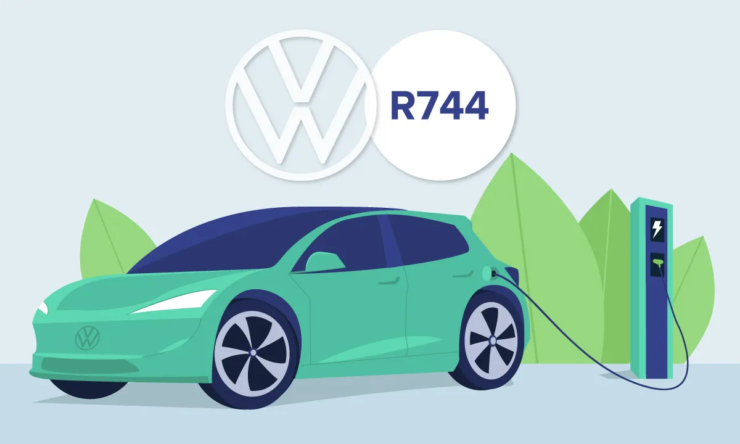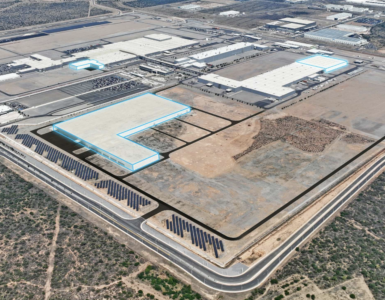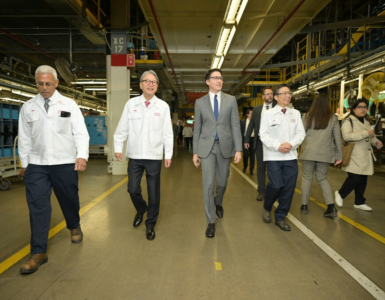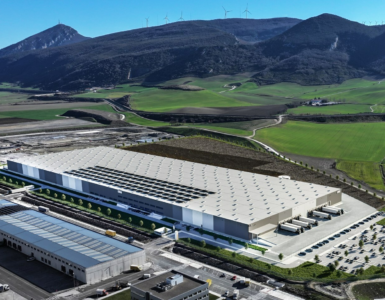Volkswagen Plans to Convert All Battery Electric Vehicles to R744 by 2030.
In a public comment submitted regarding the European PFAS Restriction Proposal, the Volkswagen Group stated that it plans to convert all mobile air conditioning heat pumps in its battery electric vehicles (BEV) models to CO2 (R744) by 2030.
Explained the position paper:
“According to our objective towards environmentally friendly transportation we want to focus on our growing fleet of BEV[s,] which will be converted as quickly as possible according to technical feasibility towards PFAS-free refrigerant R744,”
🔥 What about we co-host a webinar? Let's educate, captivate, and convert the battery economy!
Batteries News is the global go-to online magazine for the battery industry, we can help you host impactful webinars that become a global reference on your topic and are an evergreen source of leads. Click here to request more details
Volkswagen already equips some of its BEVs with R744 heat pumps, namely its I.D. models. The automaker touts the efficiency gains offered by heat pumps and the low climate impact of R744 compared to fluorinated refrigerants.
Volkswagen’s I.D. models ride on the automaker’s modular electric drive matrix (MEB) platform, which underpins several other BEVs in the Volkswagen Group’s portfolio, including the Audi Q4 e-tron and CUPRA Born.
Volkswagen, explained:
The market introduction of first new BEV platforms using R744-only will start during the second half of this decade and the overall transformation towards R744 takes several years until the end of 2030 to change all major BEV-platforms.
Volkswagen’s suggested PFAS-free timeline
- ICE: Internal combustion engine vehicles
- MHEV: Mild hybrid electric vehicles
- PHEV: Plug-in electric vehicles
- BEV: Battery electric vehicles
- Flottenziel: Fleet target
Elaborating on the risks of continuing to use HFO-1234yf, the submission details that “the emitted F-gas R1234yf is particularly volatile and environmentally effective and decomposes into trifluoroacetate (TFA) within a few days. TFA is persistent. The risk to humans and the environment from these emissions has not been conclusively clarified. … This proves why, with regard to the necessary reduction of PFAS emissions, the focus on the conversion of the refrigerant is correctly chosen.”
“Due to the relatively high amount of PFAS contained in the refrigerant of the actual mobile air conditioning system and the fact that small amounts of refrigerant are released into the environment even during regular operation over [the vehicle’s] lifetime, the refrigerant offers significant leverage for the effective reduction of PFAS. … By converting the refrigerant circuit from F-gas R1234yf to the natural refrigerant R744 (CO2), PFAS in the refrigerant can be eliminated and thus the PFAS emissions of the vehicles can be significantly reduced. Consequently, Volkswagen Group is focusing on a rapid conversion of the refrigerant towards R744,” reports the company.
Concerning internal combustion engine (ICE) models, including hybrids, the group suggests a ban on PFAS by July 2034. The position also elaborates on the group’s recommendations for other PFAS uses, such as fluoropolymers, batteries, seals and hoses, lubricants and hard chrome plating.
Process in the making
Currently, the European Chemical Agency (ECHA) committees on Risk and Socioeconomic Assessment are starting to discuss the proposal submitted last year by the chemical agencies from five European countries. The committees will analyze the comments received and present their opinions to the European Commission. This step is expected in 2025.
The Commission will then decide on the proposal in consultation with EU member states’ experts.
READ the latest Batteries News shaping the battery market
Volkswagen Plans to Convert All Battery Electric Vehicles to R744 by 2030. source








